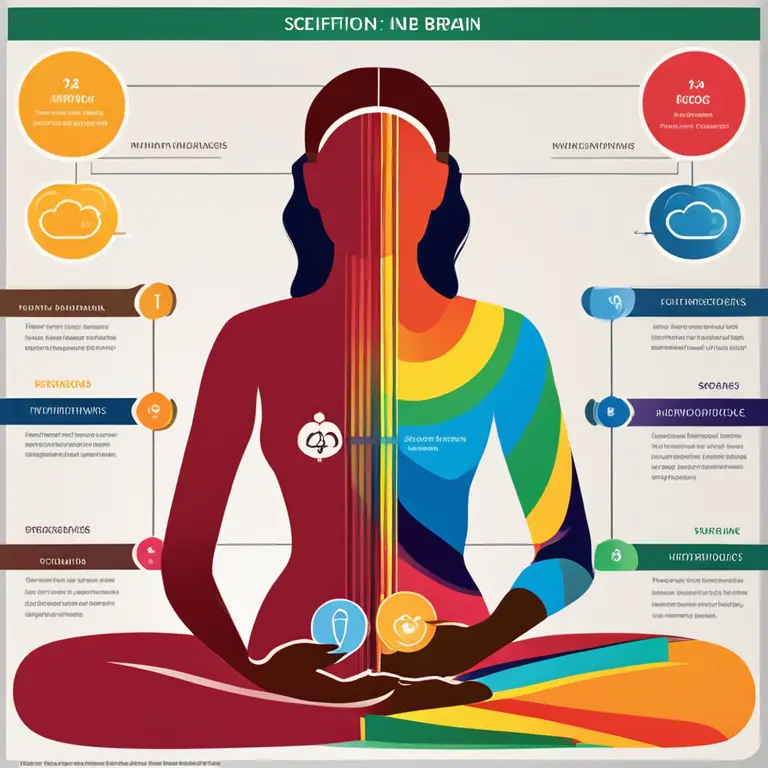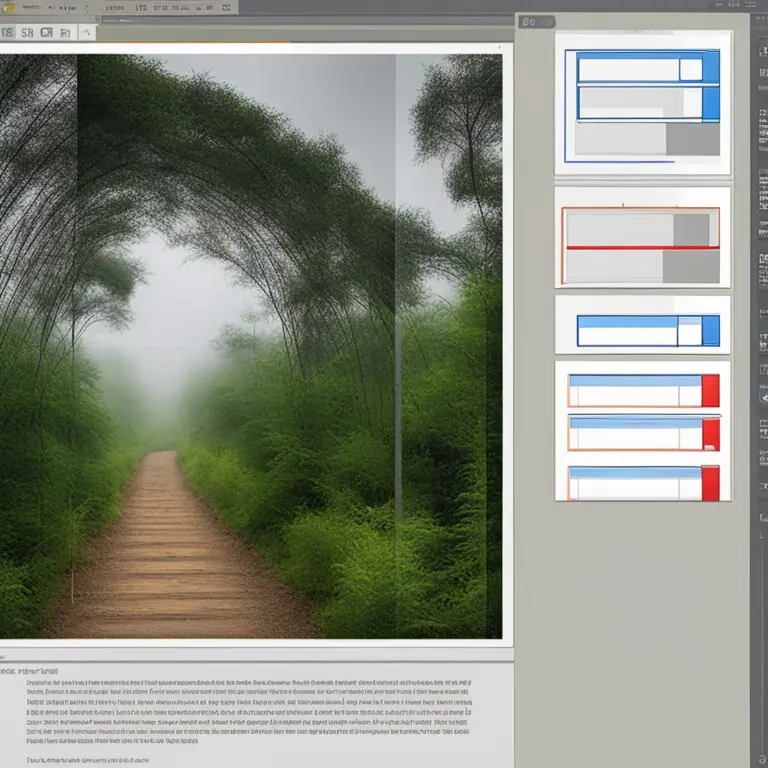
Mindfulness and Meditation: A Concise Guide
Delve into the world of mindfulness and meditation with our concise guide, exploring the essence, benefits, and practices for a calmer mind and lifestyle.
article by Hina Kurosawa
Introduction to Mindfulness and Meditation
Today's fast-paced world often leads to stress and endless mental chatter, causing a yearning for inner peace and clarity. Meditation and mindfulness are ancient practices that have been adapted into modern-day life as effective tools for enhancing well-being. While both concepts are intertwined, they focus on different aspects of experiencing the present. Meditation is a formal practice where time is set aside for reflection or mantra recitation, leading one to a state of deep relaxation and heightened awareness. Mindfulness, on the other hand, is the informal practice of maintaining a non-judgmental, moment-to-moment awareness of thoughts, feelings, bodily sensations, and the surrounding environment. Together, they form a holistic approach to fostering a serene mind and a compassionate outlook on life.

Historical Roots and Evolution
The roots of meditation stretch back thousands of years, with origins in various religious and spiritual traditions, including Buddhism, Hinduism, and Taoism. Mindfulness, popularized by the Buddhist concept of sati, has similarly ancient beginnings. Over time, these practices have transcended their religious confines and have been embraced by secular society for their psychological and physiological benefits. The work of Jon Kabat-Zinn, who founded the Mindfulness-Based Stress Reduction (MBSR) program in the late 20th century, was pivotal in integrating mindfulness into the scientific and medical communities. By 2024 and beyond, scientific studies continue to support these practices, leading to their widespread adoption in mental health, education, and corporate environments.

Scientific Underpinnings
Research into meditation and mindfulness has revealed significant health benefits. Neuroscientific advancements have shown that consistent practice can lead to alterations in brain structure and function—particularly in regions associated with attention, emotional regulation, and self-awareness. For instance, meditation has been linked to increased gray matter density in the hippocampus, which plays a vital role in learning and memory. Meanwhile, mindfulness training can reduce amygdala activity, potentially lessening stress and anxiety responses. The ever-growing body of scientific literature in 2024 points to these practices as valuable components of mental and physical health regimes.

Practical Approaches to Meditation
For those new to meditation, various techniques can serve as gateways to this transformative practice. Mindfulness meditation involves observing thoughts and sensations without judgment or attachment. Concentration meditation, another popular method, includes focusing on a single point, such as breathing, a phrase, or a candle flame. Loving-kindness meditation practiced in current times is directed toward cultivating compassion for oneself and others. Many digital platforms now offer guided sessions and courses, presenting a plethora of options for beginners and seasoned practitioners alike to explore in 2024 and beyond.

Incorporating Mindfulness into Daily Life
Mindfulness is not confined to the cushion or meditation mat. It's a living practice that can be integrated into everyday activities. One can engage mindfully by focusing on the sensations and processes involved in eating, walking, or even conversation. The act of simply noticing the breath or pausing to observe one's thoughts can transform routine moments into opportunities for mindfulness. Technology like apps and wearable devices have advanced, offering reminders and aids to help users stay mindful throughout their day. The encouragement of mindful workplaces and use of mindfulness in educational settings further reflects its embeddedness in daily living.
The Future of Mindfulness and Meditation
As we look toward the future, the trajectory of mindfulness and meditation is one of growth and normalization. Mental health professionals advocate for these practices as preventative measures and components of psychotherapy treatments. In academic realms, curricula increasingly include mindfulness exercises to enhance student focus and emotional regulation. Technological integration is also poised to escalate, with virtual reality experiences and biofeedback tools becoming more prevalent. The ongoing research continually refines our understanding of these practices so that they remain relevant and effective for modern lifestyles.
Published: 1/18/2024
Modified: 1/18/2024
More predictions
Come back here soon to learn more about yourself and your future


Can Meditation Impact On Depression?
Meditation can be a powerful tool for mental health. Discover whether incorporating a meditation practice can alleviate depressive symptoms.


Best Meditation Techniques for Brain Health
Discover effective meditation practices to enhance cognitive functions and maintain a healthy brain.


The Origins of Meditation: Tracing Its Historical Roots
Discover the historical origins of meditation, its transformation through time, and its profound impact on various cultures around the world in this insightful article.